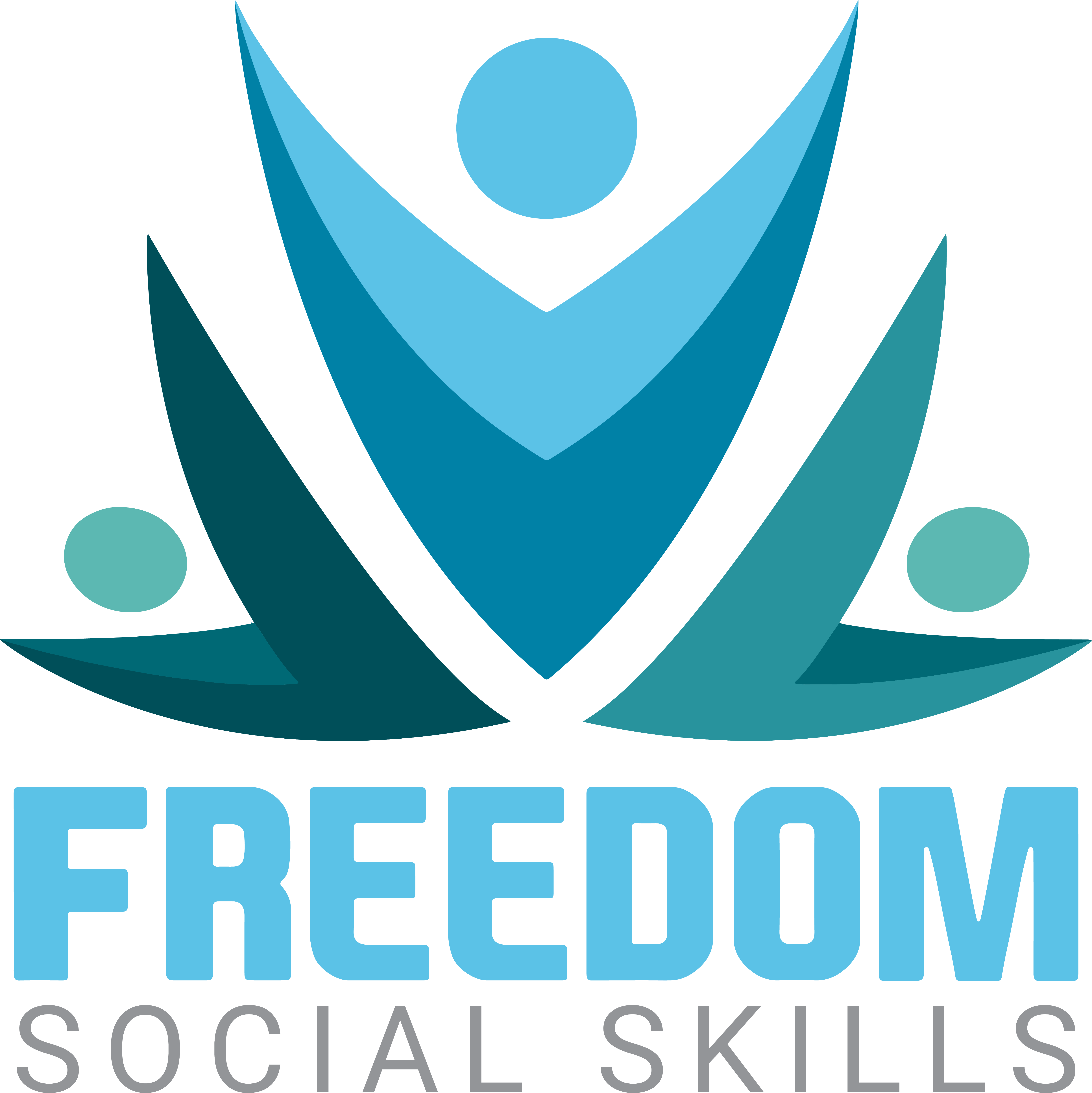Social anxiety is the fear of situations that involve interacting with other people and can have a negative impact on an individual’s quality of life. Autistic children may experience anxiety more intensely and more often than typically developing children and often need extra support and guidance to help reduce their anxiety.
Signs of social anxiety in children may include:
- Difficulty meeting other children or interacting in group settings
- Having a limited number of friends
- Avoiding social situations where they stand out from others, for example, asking questions in class
- Appearing withdrawn in group scenarios
- Showing physical signs such as nausea, stomach aches, blushing, or trembling
With the right tools and support, children can learn practical tools to help ease their social anxiety, positively impacting their quality of life.
How can you help?
There are many ways you can help support your child to help them cope with their social anxiety.
At home, it can be helpful to act out a situation with your child that they are fearful of, to help them prepare for the situation and make it easier to deal with. It can be helpful to use ‘detective thinking’ by asking your child how they know their fear will come true.
Ensuring your child feels safe and supported is crucial. Telling them about a time you have felt anxious can help normalise talking about anxious feelings and help them feel less alone.
At preschool or school and in other social situations, it’s important to gently encourage your child to join in social situations rather than avoid them. Starting with small goals such as saying ‘hello’ to someone new is a good way to gradually build their confidence. Praise them for any success and encourage your child even if they aren’t able to achieve their goal just yet.
It’s important to let your child’s preschool or school know about their social anxiety and how you are helping to support them so that your child can receive consistent support.
It’s important to note that shy behaviour is normal in children, however, extreme shyness can have a negative impact on the child’s quality of life and may be a sign of social anxiety disorder.
If you are concerned, it’s a good idea to discuss it with a professional, such as your GP or psychologist.
Here at Freedom Social Skills, we offer Social Skills Classes tailored for primary or high school students that focus on developing key skills to form and maintain positive relationships. Through a range of fun and engaging activities designed to teach children new social skills in a calm, supportive environment, these classes can help ease social anxiety.
Our Social Skills programs help children with Autism Spectrum Disorder and other developmental disabilities, learn to read social cues, communicate effectively with peers and adults, initiate conversations, empathise with others, and develop social problem-solving strategies.
Does this sound like something that could benefit your child?




